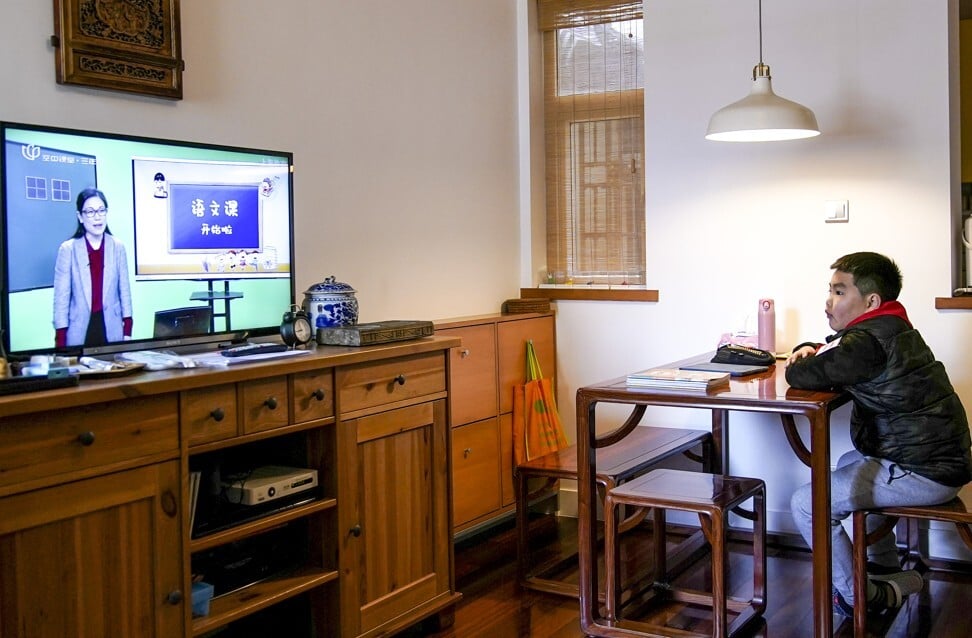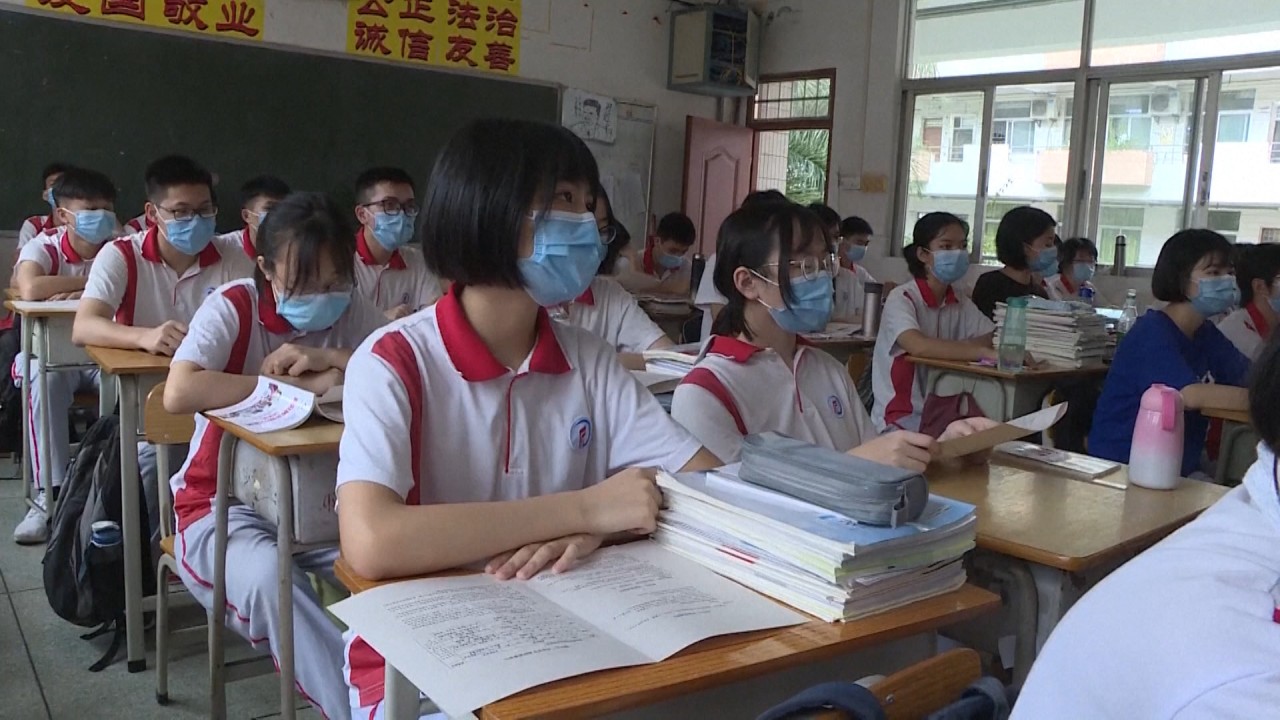
Beijing slaps edtech unicorns Zuoyebang, Yuanfudao with steep fine over false advertising
- The State Administration for Market Regulation imposed a maximum penalty of 2.5 million yuan each on Big Tech-funded Zuoyebang and Yuanfudao
- The two companies are the front runners in China’s pre-college, off-campus education market
The notice also said that Zuoyebang falsely claimed that it was a partner of the United Nations on its website and fabricated user comments. Investor Alibaba is the parent company of the South China Morning Post.

Yuanfudao also said it accepts the fine imposed by the regulator, according to its post on Weibo. The company said it “has started self-review and examination of products and channels” as well as corrected its advertising material. The goal is to raise “study efficiency” through “scientific and technological innovation”, while strengthening its business processes and norms, according to Yuanfudao’s post.
The SAMR’s latest action reflects how China’s US$110 billion K-12 off-campus education market, which has struggled during the coronavirus pandemic, is bracing for increased regulation.
The prospects of tightened regulation could bring uncertainty to the market and the plans of Chinese Big Tech companies to expand operations in the education sector. Typically, primary school students take extracurricular tutoring on top of their studies on campus to perform well in examinations.
China’s pre-college, off-campus education market is forecast to reach 730 billion yuan this year, up from 400 billion yuan in 2020, according to estimates by the National Institute for Education Sciences, consultancy Oliver Wyman and TAL Education Group.

01:25
What back to school means for China’s students as the coronavirus outbreak eases
Yuanfudao, meanwhile, was said to be seeking new funding at a valuation of more than US$20 billion, boosting its hopes to go public in 2022, according to a Bloomberg report in February.

